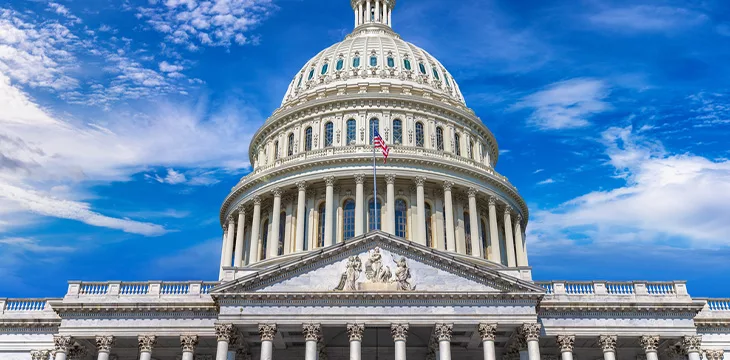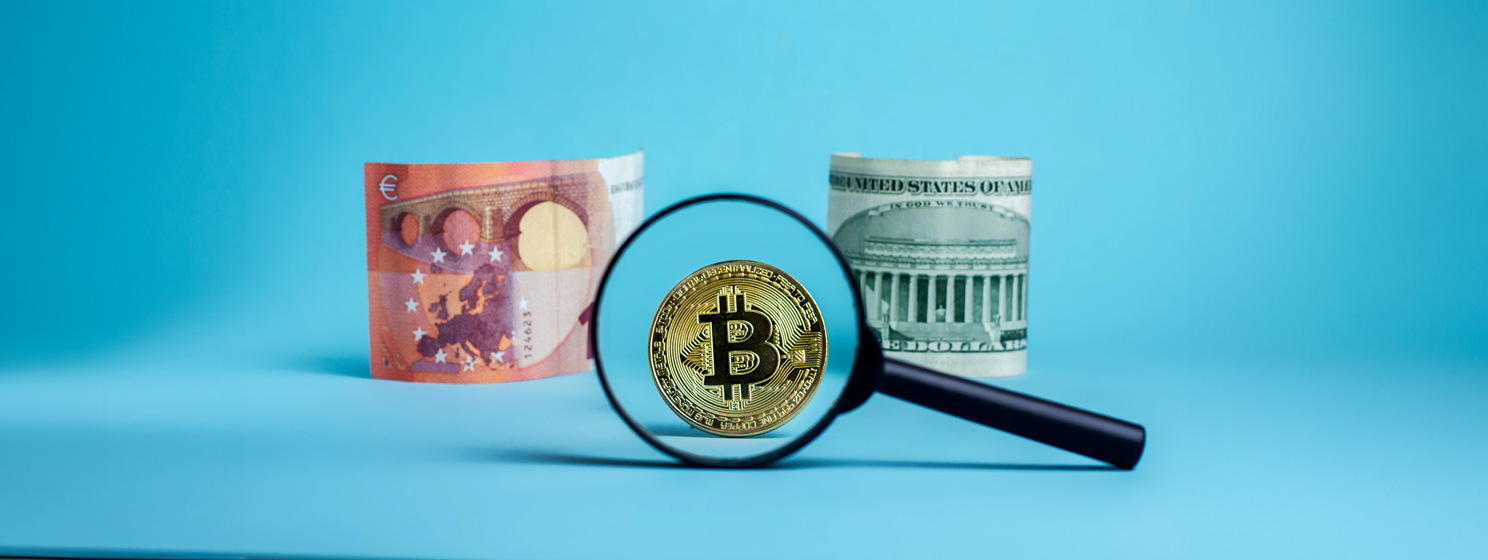|
Getting your Trinity Audio player ready...
|
U.S. Congressional hearings on technology are renowned for producing memorable moments.
Some of these moments are comical, such as when Rep. Steve King implied Google (NASDAQ: GOOGL) CEO Sundar Pichai was responsible for his granddaughter seeing inappropriate content on an iPhone (2018) or when several lawmakers grilled ByteDance CEO Shou Zi Chu on matters related to China despite the fact that both he and his company are Singaporean (2023).
However, aside from the generational gaps these moments underscore, they highlight something important: there’s still a great need for quality education on tech-related subjects. In this one, several issues arose that showed how blockchain technology is still not fully understood on a deeper level.
The anonymity lie is coming back to bite blockchain
One such example is the persistent misconception that blockchain transactions are anonymous. This is untrue (transactions are private but can be traced), but it raised its head several times during the Congressional hearing on June 5.
Multiple senators and representatives raised issues about the ability to implement proper safeguards when issuing securities on blockchains and whether it’s possible to be legally compliant when using public blockchains for financial transactions. For example, Rep. Sean Casten (D-IL) said public blockchains should be avoided for tokenized traditional securities because anonymity would lead to issues with Know Your Customer (KYC) and Anti-Money Laundering (AML) compliance.
Casten gave an example of how anyone could send tokens to BlackRock’s (NASDAQ: BLK) BUIDL wallet, showing that there’s still much-needed clarification around privacy, anonymity, and pseudonymity. It also implies that some people in power still struggle to distinguish between blockchains, which in some cases do have anonymous validators, and applications like wallets and smart contracts, where KYC/AML regulations can be built in.
Furthermore, it highlights the importance of using proof-of-work (PoW) blockchains. In these systems, validators, aka miners, cannot be anonymous. While there has existed much debate about whether the gargantuan electricity use is justified, the benefits of that have become apparent in debates like these. It is precisely the massive electricity use that makes it impossible for proof-of-work miners to remain anonymous. In other words, it’s a feature, not a bug.
Blockchain education is critically important
While this congressional hearing showed that there is still some misunderstanding on specific points about blockchain, one thing all agreed on is that tokenization would bring many benefits. Increased efficiency in the issuance, servicing and settlement of tokenized securities and the potential benefits of fractionalization were widely agreed on.
Thankfully, the people in power have grasped the potential of tokenization, but for it to reach its full potential, tokens will have to run on one scalable public blockchain. Thus, education about blockchain technology and how it works, such as the difference between anonymous and private transactions or between blockchains themselves and their various applications, is crucial.
CoinGeek exists to fulfill exactly that purpose. Subscribe to educate yourself on blockchain, tokenization, and much more. There’s a long way to go, but slowly, we’re getting there!
Watch: Calvin Ayre is all in on Metanet—the game-changing fusion of enterprise blockchain, AI & IPv6

 02-28-2026
02-28-2026 




